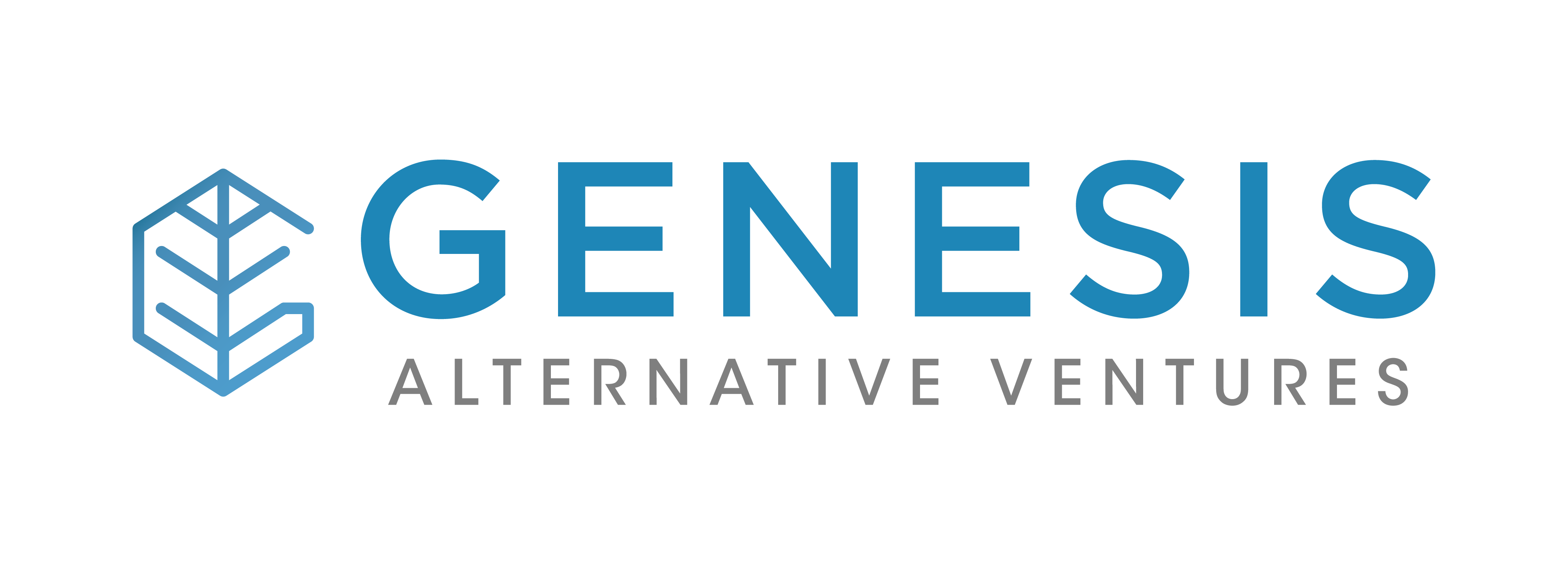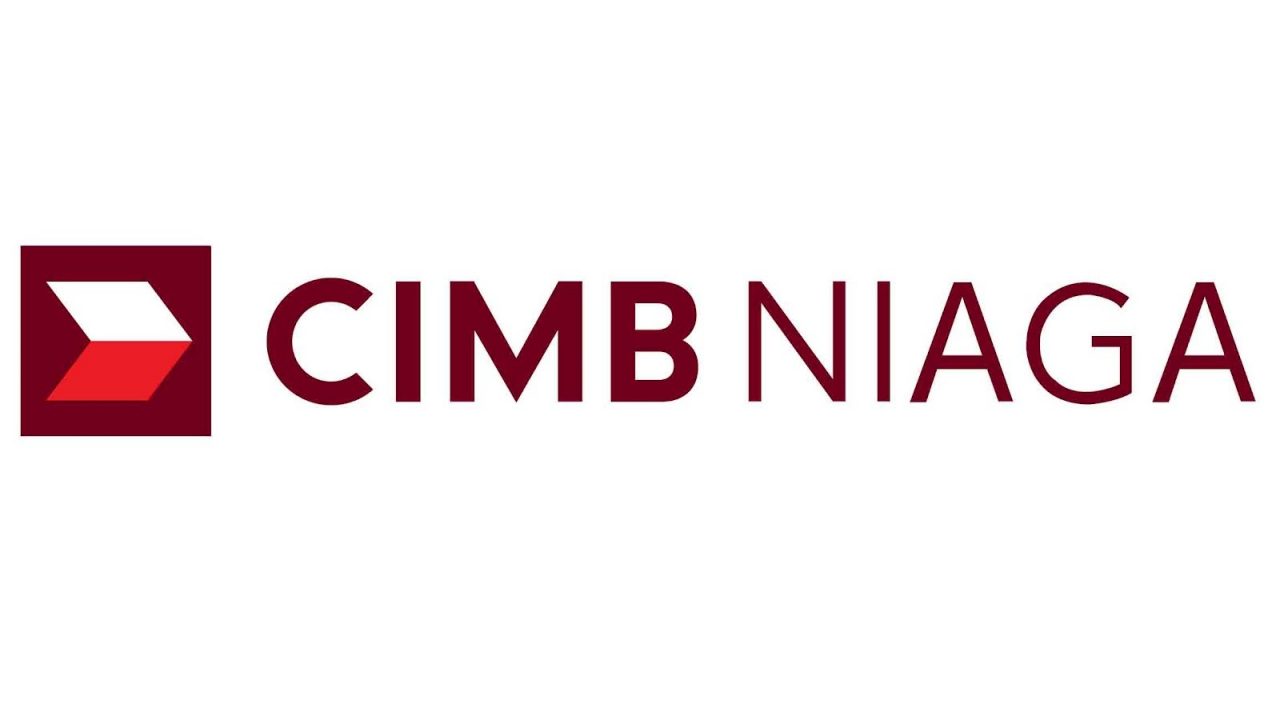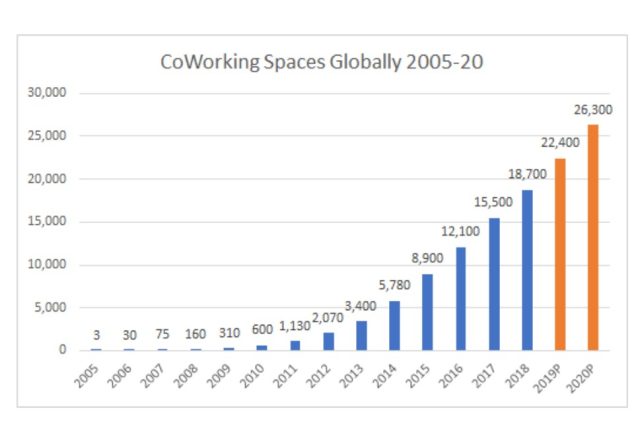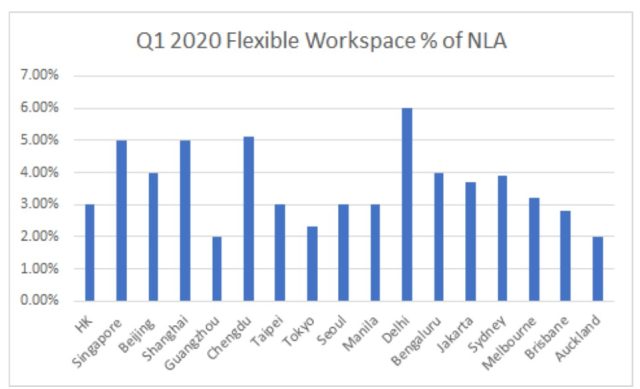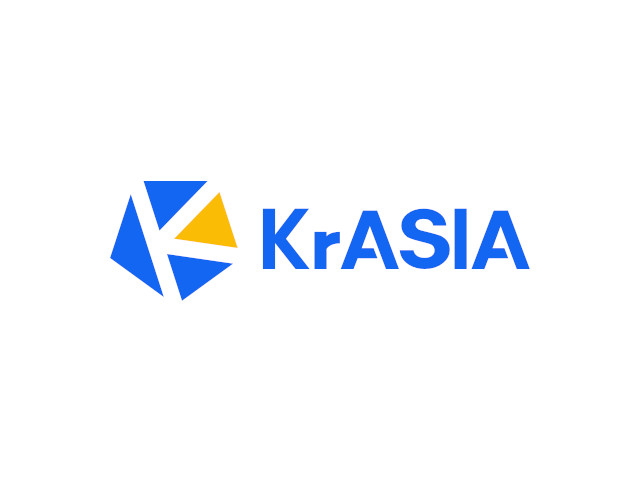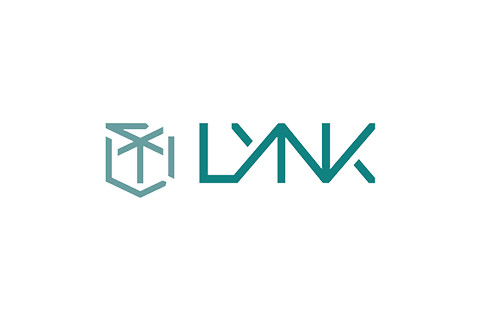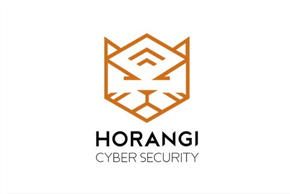2020 has been a bear market for human folk. But on the other side of the fence, 2020 has also accelerated years of change in the way companies in all sectors and regions do business. Digital adoption has taken a quantum leap at both the organisational and industry levels.
When Sequoia Capital sent out the feared Black Swan warning in March 2020, the entire venture community took serious notice of what may lie ahead. Venture funds paused new investments in April and May 2020, and refocused on their portfolio companies. Companies of all sizes were impacted, and across the board, cost reductions were implemented in anticipation of a prolonged winter.
Billions of government stimulus dollars temporarily replaced venture dollars to ensure that all companies, including VC-backed ones, will survive the harsh(est) winter.
As the pandemic unfolded and the world became more isolated, turbulent times would seem to benefit technology companies, especially companies focused on the digital world. Adoption of cloud technology was ubiquitous. Zoom became a verb. It was no longer taboo to meet online versus having a coffee offline.
On the back of this, venture capital funds achieved record fundraising levels in 2020 amidst challenging new-normal conditions. Venture capital funds in the U.S. raised a record $69 billion in 2020, edging past a 2018 record and defying the odds amid a pandemic-rattled economy.
Southeast Asia VCs also kept a brisk pace: Sequoia India announced in July 2020 a fresh commitment of $1.35 billion in two new India/Southeast Asia funds – one is a $525 million venture fund and the other a $825 million growth fund. Vertex Ventures completed the final close of its Southeast Asia and India fund at $305 million. B Capital also sealed its $820 million second global fund targeted for B2B growth stage investments. Openspace Ventures completed a first close of its $200m Fund III. East Ventures announced the first close of its $88 million Fund VIII specifically designed for digital companies emerging in the post-lockdown aftermath of the Covid-19 pandemic. These funds will be hunting for exciting deals across Southeast Asia over the next 24 to 36 months, which will clearly pave the way for venture debt providers.
After a quiet March to May, resilience in venture investments was seen in the second half 2020 with $76.4 billion in venture funding worldwide. This represented an increase of 1% quarter over quarter and 9% year over year. The bulk of this funding went to growth-stage companies where rounds above $100 million accounted for 61% of funding. Angel and early investments were down as VCs sought to accelerate the growth of their existing portfolio companies and those nearer an IPO event.
In Southeast Asia, start-ups raised $5.6 billion in the first half of 2020, with most of these funds going to Series B and C rounds. While statistics for the final two quarters are not out yet, we expect numbers to be on par with previous years (if not better).
One of the contributory factors seems to be a flurry of exits via IPO. The red-hot technology IPO market saw big-name companies like Palantir, Asana and Snowflake, Airbnb and Doordash all making it to the gong. Airbnb garnered an enviable $86.5 billion valuation surpassing that of Marriot and Hilton combined. Zoom went from a $1 billion valuation to $116 billion in less than two years. Indonesia’s unicorn Tokopedia has announced its dual listing plan – domestic and US – to raise funding of $1 billion. This will certainly excite the entrepreneur community in Southeast Asia where the typical exit for a young company has traditionally been via the M&A route.
Heading into 2021, there is an even greater air of optimism that seems to be shaping the industry. We expect to see more healthcare companies funded, with Biotech and Pharma deals leading the charge. Digital transformation will continue to play a huge role in corporate development but also at the country level in moving the general population paper-less.
Fintechs in their respective silos, be it payment, remittance, advisory, will start to take shape and may see consolidation as digital banks emerge. We haven’t even talked about SPACs (Special Purpose Acquisition Vehicles) which may have an important part to play in the maturing ecosystem.
Most critically, from a purely venture debt perspective, PitchBook’s 2021 Venture Capital Outlook forecasts that venture debt in the US will continue a string of record years, surpassing 2,600 deals and $25 billion originated for the 4th consecutive year. This is a strong indication for Southeast Asia.
Given these meaningful developments, headwinds notwithstanding, Genesis believes that the broader tech ecosystem is certainly maturing in Southeast Asia, albeit more clearly in Singapore and Indonesia, the region’s current incumbents. In fact, we have observed that the result of the (unfortunate) pandemic, coupled with concerns regarding sustainability from the WeWork collapse, has reorientated entrepreneurs in Southeast Asia towards prudence and sustainable growth.
Genesis is in a strong position to continue its market leadership in the venture lending space in Southeast Asia and will look to capitalise on the strong funding wave that we expect in 2021/22.
